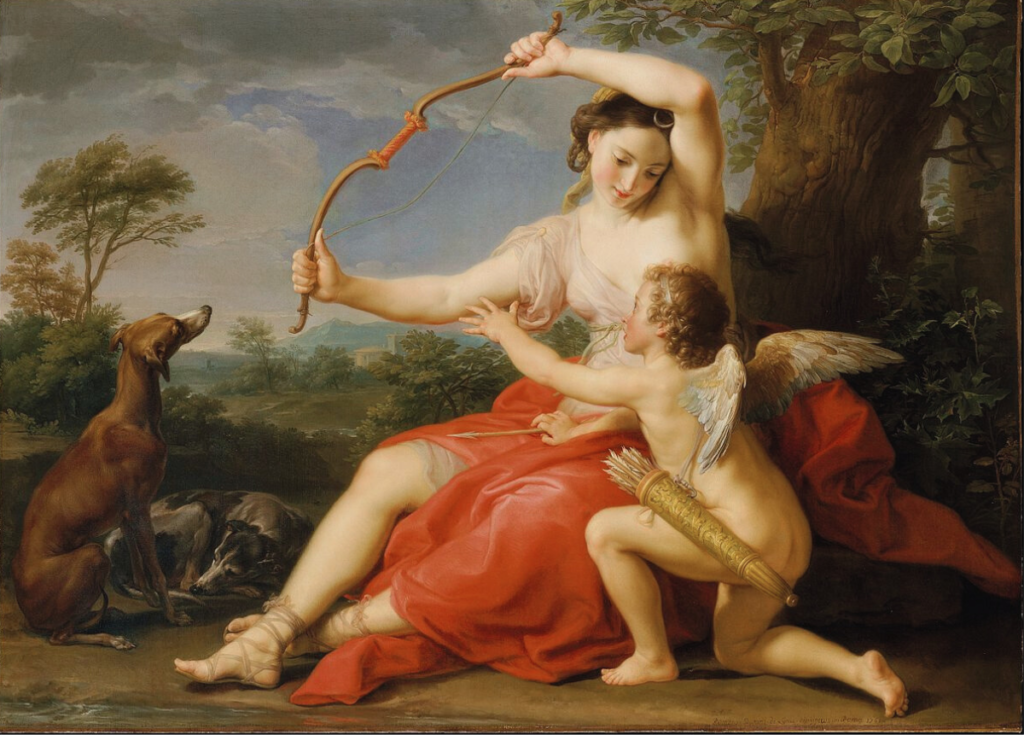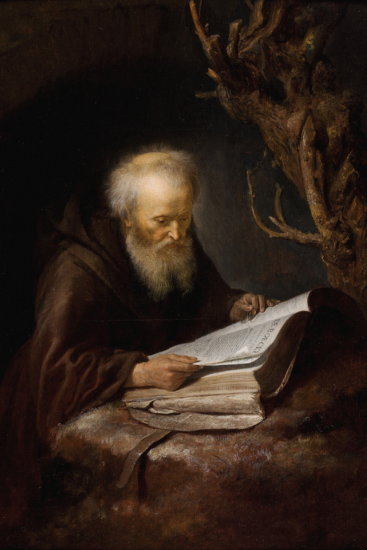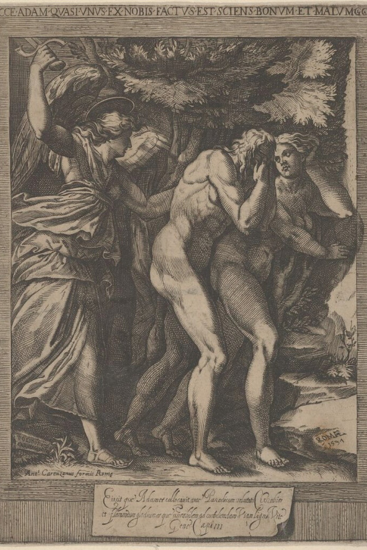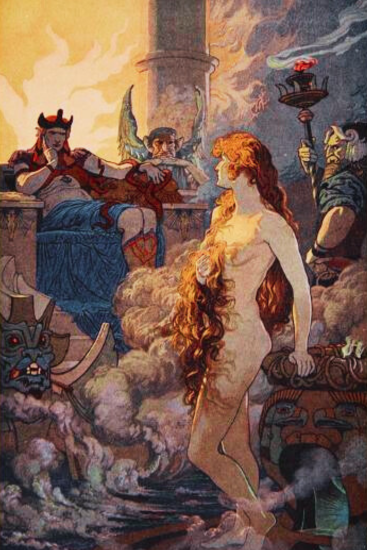The Wild Virgin

The Wild is untamed, undiluted, and actually more ‘virginal’ than what civilization contains (as the Wild is not penetrated with external thought and assumptions). Ultimately, when people talk of ‘soul ties’ it represents the subconscious absorption of previous partners into one’s psyche, removing oneself from the raw center. While forming a pair bond is important for fostering a deeper understanding with one’s partner, it becomes problematic when these ties distort one’s instincts even long after the partnership has ended.
What the Wildness feels is all that it feels. It does not second guess itself or bend to the whims of others (who are so easily misguided by their own shifting desires in the first place).
Artemis is the Wild, Untamed Virgin. When we think of purity our mind typical goes to someone who is well-manicured, demure, and unassuming. These are all distortions of what virginity actually represents. The Virgin is just pure – undiluted. The more cultivated something is, there is actually less purity retained in that thing! When picking out oils, most would rather choose the ‘extra virgin’ brand over the one that is highly processed and ‘refined.’ People want the raw, original essence that is untouched by Man. To become overly polished seems to suggest a mask of some sort, a coldness.
Yet, everything pure has a softness to it. Even as the Goddess of the Hunt, Artemis has a maternal quality to her that shows in her protective instinct towards animals, women, and children. To understand and have compassion for the wildness of the earth demonstrates a mastery of dualities—ferocity must also contain mercy to earn respect. Think – why did Shamhat love Enkidu?
Gaia, while wild and destructive, is not entirely chaotic. In her ability to offer humanity everything, there comes the call of the Wild, urging people to understand what they truly desire from Her and to seek only that. Otherwise, the Mind, which transcends wildness itself, creates distortions where one is never satisfied.
Through the virginal aspect of oneself, we retreat into the purity of instinct, believing we are capable of anything. Here, the creative center is as potent as possible and seeks out the wildness of the ‘Hunt’ without the excessive greed that civilization often encourages.
Taming the Beast

There is a natural desire for Man to conquer the Wild, and the same goes for Woman too. Naturally, what is defined as ‘outcast’ will also be Wild. Those that do not conform to society’s expectations all look very different, and this may even be a quiet act of rebellion.
Think of the Hermit, a modest and reclusive archetype. But there is a profound wisdom he carries that did not come from living the life expected from him. When he releases all expectations and surrenders to the silence that isolation offers, he illuminates the world around him. This light is the purity that comes from the raw, untamed aspect of self.
The Hermit’s journey is then to take on the pain of rejection or exile from society and integrate the wildness into civilization. This process is what I call ‘Taming the Beast,’ and it is form of alchemy for the Self.
While it is essential to spend time in deep reflection and solitude, away from the prying eyes and judgments of a society that does not know even themselves, society deeply yearns for nonconformity within its ranks to inspire innovation. There can be no Golden Age of Enlightenment without the transformation that hermits naturally create.
To retain one’s natural, virginal essence while still being influential in the world at large is no easy feat. There must be something divine about someone to be respected in this capacity. Throughout history, those who are seen as otherworldly and ethereal are also viewed as being ‘gifted’ by a higher power—only because they did not reject their connection to Source in favor of approval from Man. Joan of Arc comes to mind here, along with other saint-like figures who were unconventional yet stood unfathomably in their power.
Outcasts and Exiles
Genesis 3:9-10 (NIV)
9 But the Lord God called to the man, “Where are you?”
10 He answered, “I heard you in the garden, and I was afraid because I was naked; so I hid.”

Adam and Eve’s fatal sin is also tied to this pain of forgoing their own wildness. While both originally naked, they were not ashamed. Nudity only became perceived as perversion when the knowledge offered distorted it as such. But through this distortion also comes civilization, and the human desire to conquer the Wild (and subconsciously rebel against Creator). Ironically, Man first became exiled from the Wild and in turn, civilization began to exile those that still reminded them of their Wild origins.
The rejection wound runs very deep in the collective unconscious. People wander and search far and wide for their ‘place’ in society, where they feel they can be ‘themselves’ without rejection. Eventually, this search reveals that one has been masking themselves to fit into what they think their group requires of them. These assumptions and theories that the human mind creates are almost useless, as the body keeps the score and knows where it belongs. This is the primal instinct that the outcast secretly craves to express but rejects.
Man, cursed to wander this world with no recollection of Himself, is the self-abandonment of his Wild nature. In that Wildness, Man will find God sooner than within the castles he creates out of pride for himself.
The Beast Craves Beauty

The very ancient Beauty and the Beast template shows a marriage between ‘cultured’ society and the ‘savage’ who rejects all that nobility stands for. Whether it’s Beauty and the Beast, Tarzan and Jane, or many Greek myths on the topic, Shamhat and Enkidu came to my mind today while contemplating on the ‘Wild Man’ archetype.
In the Mesopotamian Epic of Gilgamesh, Enkidu was a savage who lived in the forests of ancient Uruk and was raised by the Wild. Shamhat, a temple priestess of Ishtar (or ‘prostitute’, the two roles are often used simultaneously in ancient times), was sent out to the forests to tame the wild man through seduction. An enigmatic woman, with her mastery of the feminine arts, easily becomes a siren to any man, or beast, who desires to understand the Mystery she represents. Enkidu became so enamored by Shamhat he learned to speak, sing, and became civilized enough to join human society.
A woman in her fierce devotion to Love represents a different form of wildness, where she is not entrapped by societal expectations and restrictions of Love, but empowered to inspire sweetness wherever She is called. Love, Desire, and Play — all forms of Eros — are expressed by the wild, yet virginal Love Goddess and Priestesses out of devotion to Creator. And only when that wild desire evolves out of transient lust does it become a reflection of the divine, erotic love that is everlasting on higher planes.
Enkidu looked more like a beast than a man but Shamhat knew he would not harm her. She was tender towards him and he responded to her accordingly. It should be remembered that the Beasts of the Wild were originally were originally under the domain of Adam, but became hostile towards Man after the Expulsion. Wilderness therefore becomes a test for Man and Woman, but not an enemy against them. This wildness allows people to show what they are truly created from — and to cultivate their own domain despite fear of exile and abandonment.
